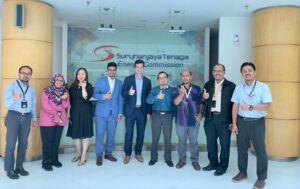In June, the ASEAN Cool Initiative took another step forward with a kick-off meeting at the Energy Commission in Kuala Lumpur, Malaysia, with stakeholders from the energy efficiency and safety regulation departments of the Commission, officials from national testing laboratories and representatives from International Institute for Energy, Conservation (IIEC) and the United Nations Environment Programme (UNEP) United for Efficiency (U4E) initiative to agree the detailed activities to be undertaken in Malaysia under the project.
 The ASEAN Cool Initiative, which is funded by the Clean Cooling Collaborative, aims to accelerate the implementation of the ASEAN Regional Policy Roadmap for Energy Efficient Room Air Conditioners by providing technical assistance and capacity building on MEPS and labels in the region, with in depth activities in Singapore and Malaysia. It is implemented by the ASEAN Centre for Energy (ACE) across the region, in Malaysia by the Ministry of Natural Resources and Environment and the Energy Commission, and by the National Environment Agency in Singapore, with support from UNEP-U4E, Lawrence Berkeley National Laboratory (LBNL) and the International Institute for Energy, Conservation (IIEC).
The ASEAN Cool Initiative, which is funded by the Clean Cooling Collaborative, aims to accelerate the implementation of the ASEAN Regional Policy Roadmap for Energy Efficient Room Air Conditioners by providing technical assistance and capacity building on MEPS and labels in the region, with in depth activities in Singapore and Malaysia. It is implemented by the ASEAN Centre for Energy (ACE) across the region, in Malaysia by the Ministry of Natural Resources and Environment and the Energy Commission, and by the National Environment Agency in Singapore, with support from UNEP-U4E, Lawrence Berkeley National Laboratory (LBNL) and the International Institute for Energy, Conservation (IIEC).
The ASEAN Regional Policy Roadmap for Energy Efficient Room Air Conditioners specifies two regional targets for energy efficiency regulations for air conditioners – Phase I of a CSPF (cooling seasonal performance factor) of 3.7 by 2023 and a more ambitious Phase II CSPF of 6.09 by 2025.
Support from the ASEAN Cool Initiative will help Malaysia to move more rapidly from their existing regulations to the Phase II levels specified in the Regional Roadmap. The activities for the project agreed at the kick-off meeting include:
- Data collection on products in the market, including information on updated registered products and popular models sold in the market with details on cooling capacities, efficiency levels, energy rating levels, retail prices, types of refrigerant and sale data, if available.
- Technical analysis of the gathered information for the government on updating regulations to align MEPS with the Regional Roadmap and timeframes for lower-GWP refrigerants aligned with the Model Regulation Guidelines (GWP 750 or less) and labels.
- Development of cost-benefit analysis of the new MEPS levels and labels (top-tier label equal to BAT and/or Global Cooling Prize levels).
- Supporting the Malaysian government on stakeholder engagement and consultations, such as with manufacturers/assemblers, consumer groups and environmental groups.
- Conducting an analysis to demonstrate the positive impact of the proposed MEPS levels and low GWP refrigerants.
- Awareness raising with local SME (small and medium enterprise) manufacturers, assemblers, suppliers and consumer groups on the new standard.
At a conservative estimate, based on the U4E Country Savings Assessment, the move to more efficient air conditioners in Malaysia has the potential by 2040 to result in:
- 2 TWh on annual electricity savings (avoided investment costs for eight 500 MW power plants)
- 5 billion USD savings in annual electricity costs
- 3 million tonnes of CO2 avoided annually (equivalent to taking nearly 6.8 million cars of the road)
For more information on the ASEAN Cool Initiative and the work in Malaysia, contact Saikiran Kasamsetty at saikiran.kasamsetty@un.org.


This initiative marks a significant step towards sustainable cooling solutions in Malaysia. By embracing more efficient air conditioners, the country not only reduces energy consumption but also contributes to mitigating climate change. The ASEAN Cool Initiative’s support underscores regional cooperation in addressing environmental challenges.
It’s great to see Malaysia taking steps towards more efficient air conditioners with support from the ASEAN Cool Initiative. Improving energy efficiency not only reduces carbon emissions but also saves consumers money in the long run. Kudos to Malaysia for prioritizing sustainability in cooling technology! 🌿🌏 #SustainableFuture